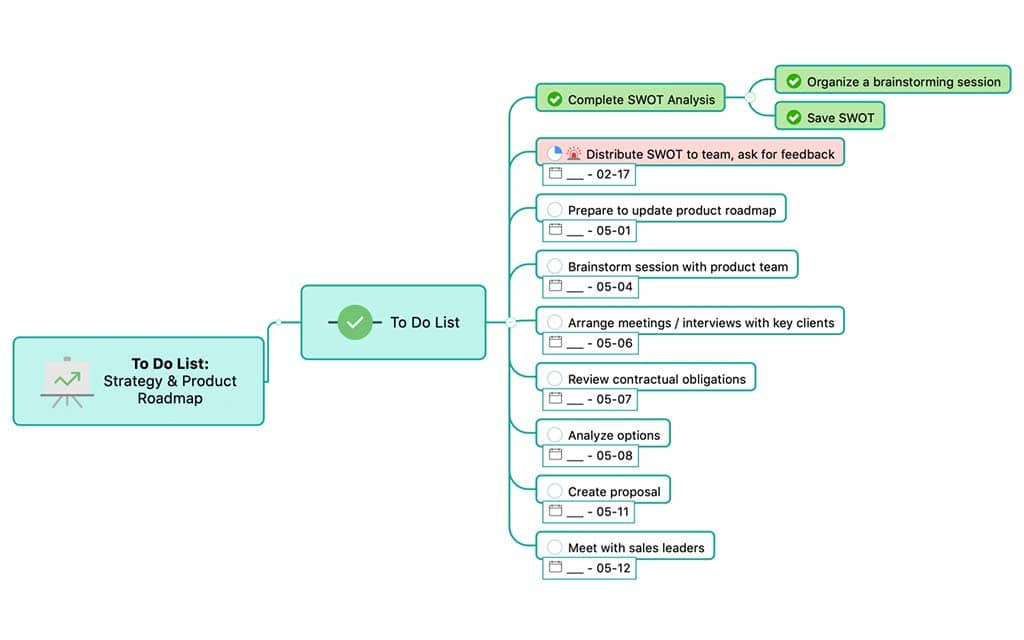Mind Over Matter (m.zadz) Mac OS
“Mind Scanners brings the dystopian ideals of 1984 and meshes them with an indie aesthetic that certainly got our attention when it popped up on our feeds.” Game Space “You’ll face many such difficult moral choices and ethical dilemmas throughout Mind Scanners, which means two things: Agonizing over every decision you make, and multiple. Mind Over Matter ensures you consistently perform affirmations by prompting you to enter a statement when your computer wakes. Affirmations are statements that you repeat to yourself in order to change your beliefs, resulting in a change in your behavior. When you are facing problems on your Mac as a result of unwanted scripts and programs such as Search Baron, the recommended way of eliminating the threat is by using an anti-malware program. SpyHunter for Mac offers advanced security features along with other modules that will improve your Mac’s security and protect it in the future.
In October 2018, Nuance announced that it has discontinued Dragon Professional Individual for Mac and will support it for only 90 days from activation in the US or 180 days in the rest of the world. The continuous speech-to-text software was widely considered to be the gold standard for speech recognition, and Nuance continues to develop and sell the Windows versions of Dragon Home, Dragon Professional Individual, and various profession-specific solutions.
This move is a blow to professional users—such as doctors, lawyers, and law enforcement—who depended on Dragon for dictating to their Macs, but the community most significantly affected are those who can control their Macs only with their voices.
What about Apple’s built-in accessibility solutions? macOS does support voice dictation, although my experience is that it’s not even as good as dictation in iOS, much less Dragon Professional Individual. Some level of voice control of the Mac is also available via Dictation Commands, but again, it’s not as powerful as what was available from Dragon Professional Individual.
TidBITS reader Todd Scheresky is a software engineer who relies on Dragon Professional Individual for his work because he’s a quadriplegic and has no use of his arms. He has suggested several ways that Apple needs to improve macOS speech recognition to make it a viable alternative to Dragon Professional Individual:
- Support for user-added custom words: Every profession has its own terminology and jargon, which is part of why there are legal, medical, and law enforcement versions of Dragon for Windows. Scheresky isn’t asking Apple to provide such custom vocabularies, but he needs to be able to add custom words to the vocabulary to carry out his work.
- Support for speaker-dependent continuous speech recognition: Currently, macOS’s speech recognition is speaker-independent, which means that it works pretty well for everyone. But Scheresky believes it needs to become speaker-dependent, so it can learn from your corrections to improve recognition accuracy. Also, Apple’s speech recognition isn’t continuous—it works for only a few minutes before stopping and needing to be reinvoked.
- Support for cursor positioning and mouse button events: Although Scheresky acknowledges that macOS’s Dictation Commands are pretty good and provide decent support for text cursor positioning, macOS has nothing like Nuance’s MouseGrid, which divides the screen into a 3-by-3 grid and enables the user to zoom in to a grid coordinate, then displaying another 3-by-3 grid to continue zooming. Nor does Apple have anything like Nuance’s mouse commands for moving and clicking the mouse pointer.

When Scheresky complained to Apple’s accessibility team about macOS’s limitations, they suggested the Switch Control feature, which enables users to move the pointer (along with other actions) by clicking a switch. He talks about this in a video.
Unfortunately, although Switch Control would let Scheresky control a Mac using a sip-and-puff switch or a head switch, such solutions would be both far slower than voice and a literal pain in the neck. There are some better alternatives for mouse pointer positioning:
- Dedicated software, in the form of a $35 app called iTracker.
- An off-the-shelf hack using Keyboard Maestro and Automator.
- An expensive head-mounted pointing device, although the SmartNav is $600 and the HeadMouse Nano and TrackerPro are both about $1000. It’s also not clear how well they interface with current versions of macOS.
Regardless, if Apple enhanced macOS’s voice recognition in the ways Scheresky suggests, it would become significantly more useful and would give users with physical limitations significantly more control over their Macs… and their lives. If you’d like to help, Scheresky suggests submitting feature request feedback to Apple with text along the following lines (feel free to copy and paste it):
Because Nuance has discontinued Dragon Professional Individual for Mac, it is becoming difficult for disabled users to use the Mac. Please enhance macOS speech recognition to support user-added custom words, speaker-dependent continuous speech recognition that learns from user corrections to improve accuracy, and cursor positioning and mouse button events.
Mind Over Matter (m.zadz) Mac Os X
Thank you for your consideration!
Mind Over Matter (m.zadz) Mac Os Update
Thanks for encouraging Apple to bring macOS’s accessibility features up to the level necessary to provide an alternative to Dragon Professional Individual for Mac. Such improvements will help both those who face physical challenges to using the Mac and those for whom dictation is a professional necessity.